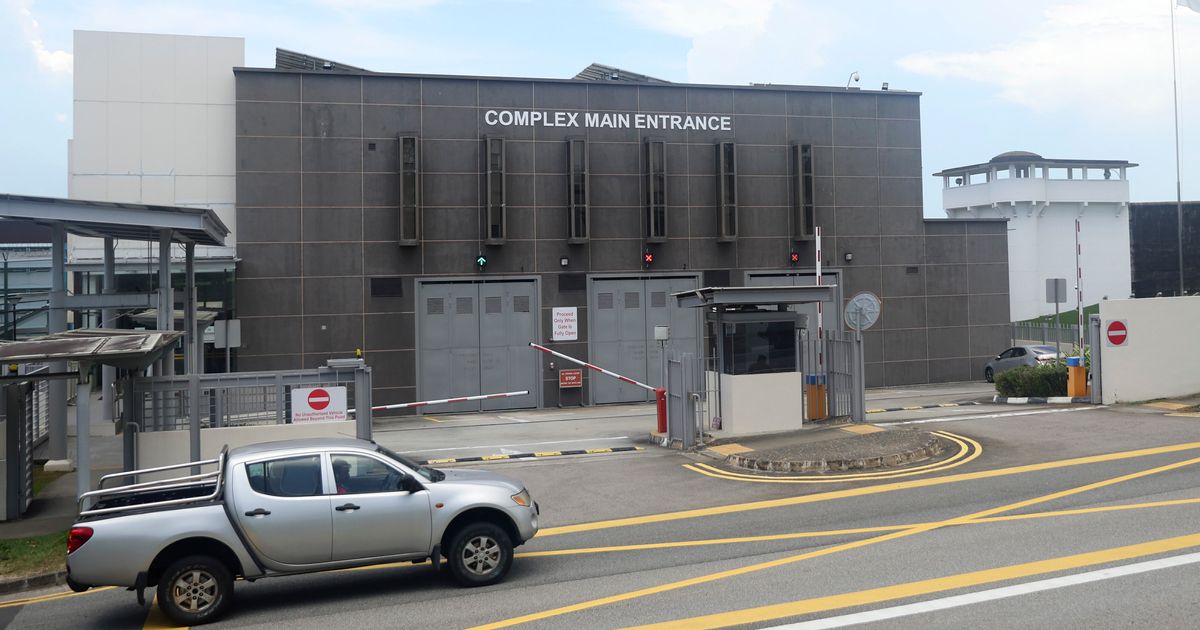Key takeaways:
- Singapore executed Tangaraju Suppiah, 46, for abetting the trafficking of 1 kilogram of cannabis.
- The death penalty is a mandatory sentence for anyone found guilty of trafficking more than 500 grams of cannabis in Singapore.
- The execution of Tangaraju has sparked outrage among activists and human rights groups, who argue that the death penalty is an inhumane punishment and should be abolished.
On Wednesday, Singapore executed Tangaraju Suppiah, 46, for abetting the trafficking of 1 kilogram (2.2 pounds) of cannabis. His family had pleaded for clemency and activists had protested that the evidence against him was weak.
The death penalty is a mandatory sentence for anyone found guilty of trafficking more than 500 grams of cannabis in Singapore. Tangaraju was sentenced to death in 2018 and was executed Wednesday morning. His family was given the death certificate.
The Transformative Justice Collective, an organization that advocates for the abolishment of the death penalty in Singapore, tweeted about the execution. Activist Kirsten Han said that Tangaraju’s family had been pleading for clemency and that the evidence against him was weak.
The execution of Tangaraju has sparked outrage among activists and human rights groups. They argue that the death penalty is an inhumane punishment and that it should be abolished.
Singapore is one of the few countries in the world that still has the death penalty. The government has defended its use of capital punishment, saying it is necessary to deter drug trafficking and other serious crimes.



Be First to Comment